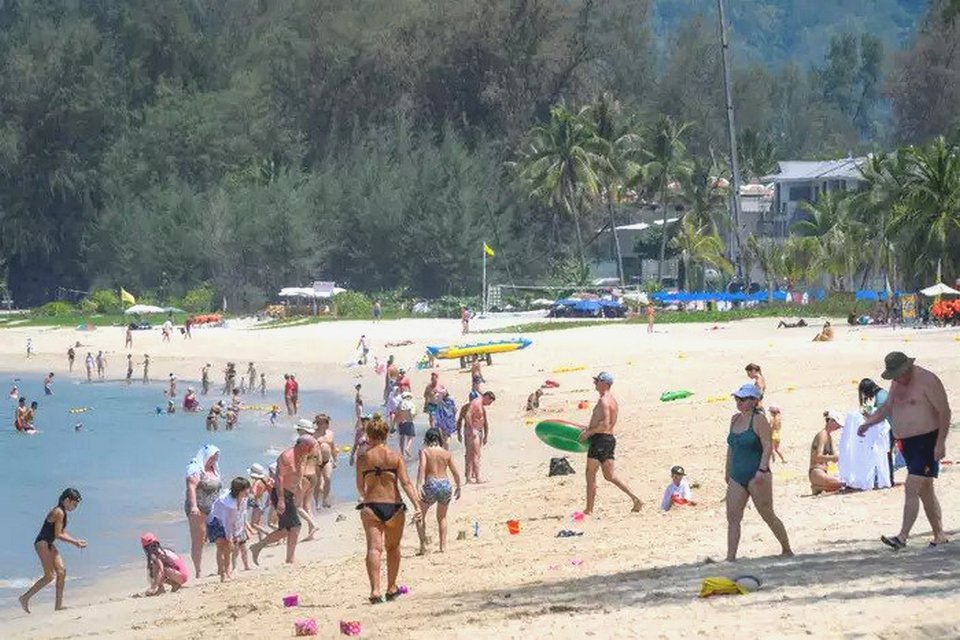
Last month’s commencement of twice-daily Azur Air charter flights from eleven Russian cities, including Siberia, to U-tapao Airport (near Pattaya) has outpaced all expectations. The provincial airport is processing nearly 5,000 Russian arrivals weekly. These flights are in addition to popular Aeroflot routes from Moscow and other urban centers to Bangkok and Phuket as well as multiple connecting flights from and to the Middle East.
Just under one and a half million Russians visited Thailand in pre-pandemic 2019 and many travel experts expect to reach or beat that annual figure as early as January 2023. At least a third will be heading to Pattaya where there are lengthy daily queues at the over-busy immigration bureau to register a local address, extend a holiday stay or seek other services. The neighboring photocopying unit has recently hired more staff to cope with the extra demand.
There are many signs that the latest Russian arrivals in Pattaya have different expectations from their predecessors. Mikhail Nazarenko, who runs a Walking Street bar attracting mostly Russian imbibers, said, “Some are tourists anxious for a two-weeks sunshine break from Putin’s grim regime, but others are looking to the long haul including some draft dodgers too.” He cited airline reports that the charter flights to U-tapao are always full, but the return journeys have some vacant seats.
Mikhail debunked the myth that Russians here are struggling financially because their credit cards don’t work owing to international sanctions. “Travelling Russians are using credit cards issued abroad, particularly the Middle East and China, while others are arriving with mega cash, especially US dollars, in their hand luggage. There’s also the option for new arrivals in Pattaya to obtain cash from affluent Russian expats already here and repay it by using their banking app to transfer funds to the lender’s Russian account. It’s no problem.”
There has also been a surge in the number of Russians seeking proof of address letters from Chonburi immigration bureau which are required to open bank accounts in Thailand. Some Thai banks or managers are very cagey about allowing some foreign nationals to start accounts, because of money-laundering fears, so the more accommodating branches often have long queues during opening hours. There is also substantial Russian interest in long-term visas, such as Elite which offers a five year, multiple-entry stay in return for an initial cash payment of 600,000 baht (about US$18,000), or annual renewals based on retirement or marriage.
Applications by Russians for Thai driving licences are also rising, according to the Department of Land Transportation, whilst Russians (unlike Indians or Chinese) can take advantage of the same-day Cambodian visa run which extends their visa-free option for a further 45 days with then another 30 days on application to immigration. Russian vacationers (like UK, EU and USA) can now stay in Thailand for 150 days (45 plus 30 and repeat 45 plus 30)) on a visa-free basis. Restaurants and property agents are brushing up their Russian language marketing materials. Not only are the Russians coming, they’re here in abundance.